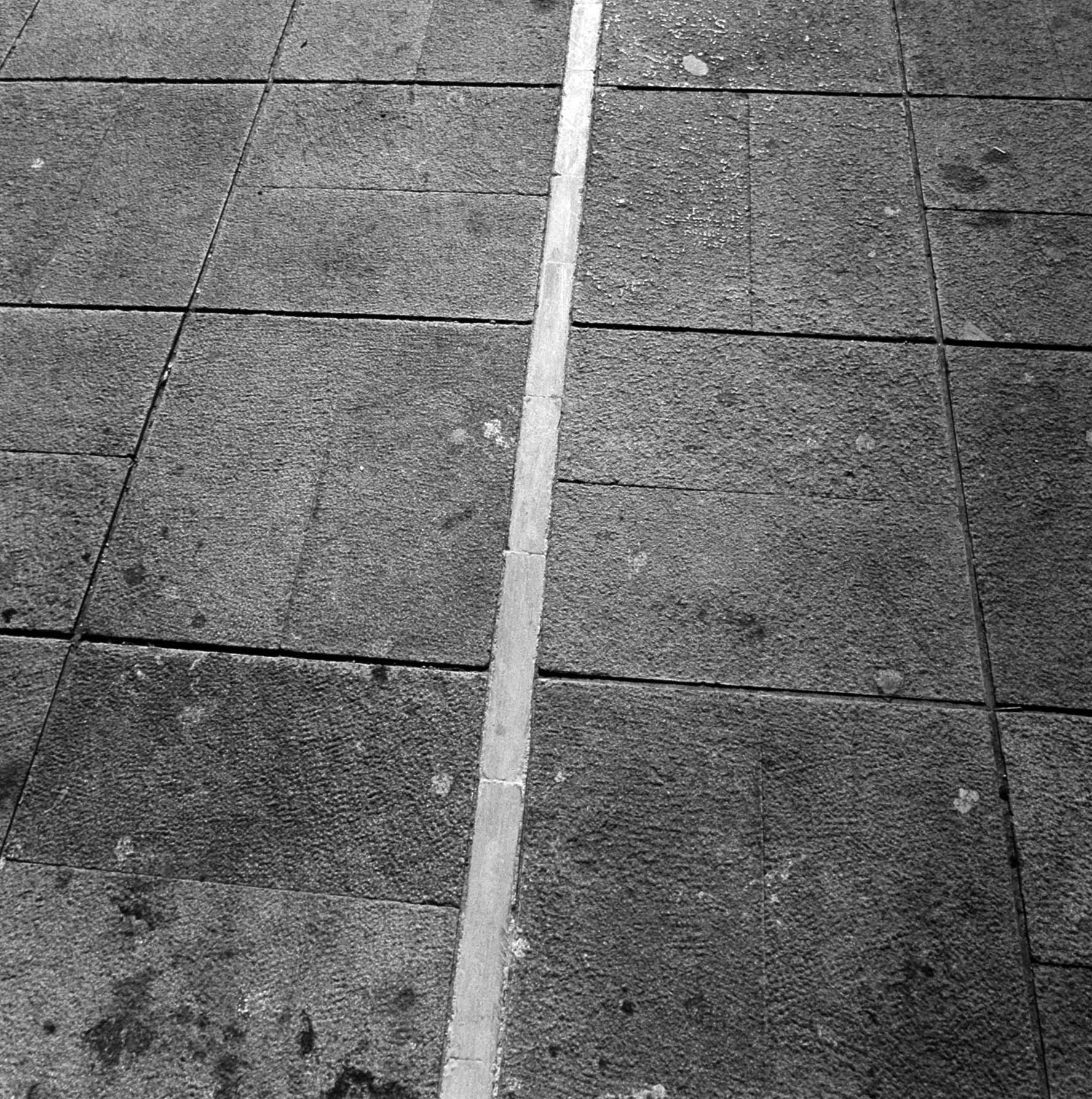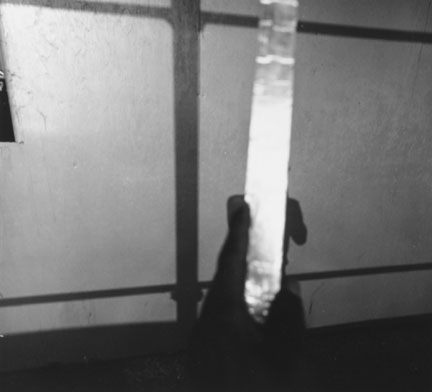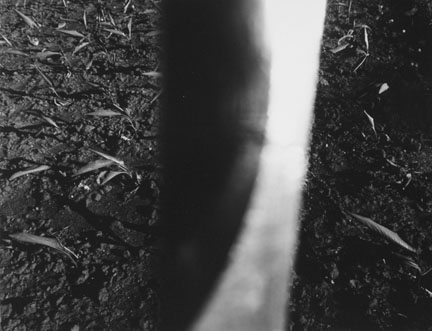About the Photographer
Cohen, Alan
American, b. 1943
As a graduate student at the Illinois Institute of Technology's Institute of Design, Alan Cohen studied with Aaron Siskind, Arthur Siegel, Garry Winogrand, Charles Swedlund, and Ken Josephson. Cohen’s work in the collection of the MoCP spans three decades of his career. His early work from the 1970s through the 1980s is driven by an exploration of compositional abstraction that continues to inform his aesthetic. In the early 1990s Cohen’s thematic focus shifted to photographing sites marked by historical events, leading him to travel to over fifty countries and much of the United States in the past two decades. In Cohen’s words, “I travel to document the physical remnants of history, the earth of our past as a record of memory, not as an act of witness.†Cohen considers these sites to be aids to historical memory in the present, rather than documentation of the past, which may appear only in fragments through cryptic markings in the earth: “I have come to understand that history, in a contemporary image, can be sited. Events can—and do—become geography. My photographs are a visual meditation on the trauma that scars global sites of the nineteenth, twentieth and twenty-first-centuries. The images record the distance between what we remember about charged places and what we can still observe in them today.â€
Cohen’s series Improbable Boundaries was the subject of an exhibition at the MoCP in 2003. These abstract black-and-white photographs are visual evidence of generally invisible geological or geopolitical demarcations. Examples are borders between states or territories rich in historical context, or navigational tools such as lines of longitude and latitude. The selections from Improbable Boundaries in the collection of the MoCP focus on Cohen’s documentation of the equator. He located two sites in Ecuador where the equator becomes both physical and visual. Just north of Ecuador’s capital city, Quito, is a small tourist site that rests directly on the equator. Designed to represent a typical Ecuadorian village, “Mitad del Mundo†features a painted line that goes up and down stairs, through a church, and through a monument before disappearing into the Andes. Cohen documented his walk straddling this equator with one foot in each hemisphere. The equator becomes visible again in the Galapagos Islands, a territory of Ecuador six hundred miles west of the mainland. The Galapagos are located at the confluences of five ocean currents. Here Cohen photographed visible lines on the surface of the water where two of these currents collide at the equator.
Alan Cohen completed a BS in Nuclear Engineering from North Carolina State University (1966) and an MS in Photography from the Illinois Institute of Technology, Institute of Design (1972). Solo exhibitions include Indelible Traces, Chicago Cultural Center (1996); On European Ground: The Photographs of Alan Cohen, Block Museum of Art, Evanston, IL (2001); Inscriptions of Time/Topographies of History: The Photographs of Alan Cohen, Gallery of Art, Washington University in St. Louis (2003); Improbable Borders: The Equator, Museum of Contemporary Photography, Chicago (2003); and Earth with Meaning (retrospective), Gregg Museum of Art and Design, North Carolina State University, Raleigh (2011). His work is held in numerous collections, including the Art Institute of Chicago; Center for Creative Photography, Tucson, AZ; Gregg Museum of Art and Design, Raleigh, NC; Metropolitan Museum of Art, New York; Musée d’Art et d’Histoire, Geneva, Switzerland; and Smithsonian Institution, Washington, DC. Monographs include “On European Ground†(2001), “With(out) Dimension: The Equator†(2011), and “Earth With Meaning: The Photographs of Alan Cohen†(2011). Cohen is Adjunct Full Professor in Art History, Theory, and Criticism at the School of the Art Institute of Chicago and visiting faculty in the Photography Department at Columbia College Chicago.


